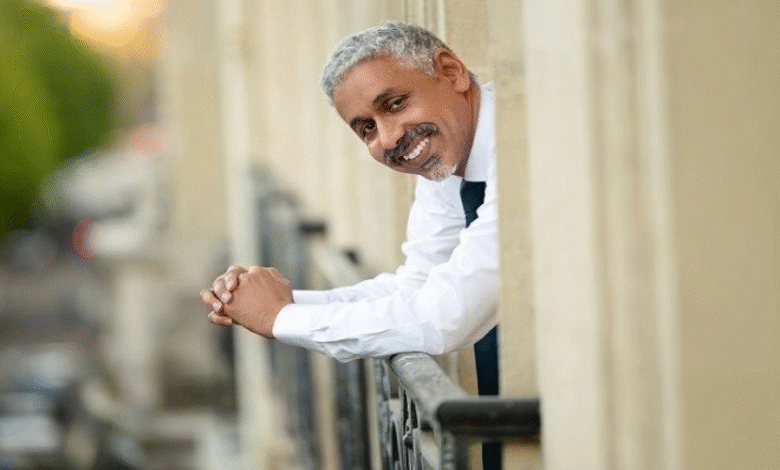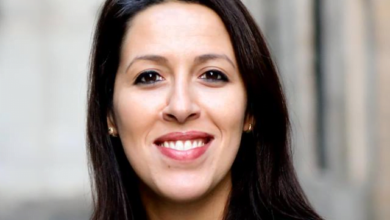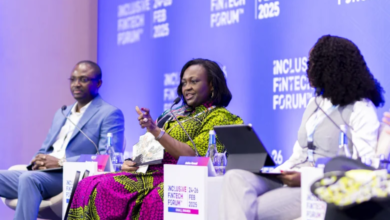Sidi Ould Tah : a discreet strategist at the helm of the African Development Bank
On May 29, 2025, during the Annual Meetings of the African Development Bank (AfDB) in Abidjan, Mauritanian economist Sidi Ould Tah was elected President of the institution, succeeding Akinwumi Adesina. With 76.18% of the votes in the third round, he outpaced notable candidates such as Samuel Maimbo (Zambia) and Amadou Hott (Senegal). This election marks the culmination of a remarkable journey, combining technical expertise, discreet diplomacy, and a pan-African vision.

Born in 1965, Sidi Ould Tah holds a degree in economics from the University of Nice-Sophia-Antipolis. He began his career at the Mauritanian Bank for Development and Trade, then held strategic roles at the municipality of Nouakchott and the Autonomous Port of the capital. In 1996, he joined the Arab Authority for Agricultural Investment and Development in Khartoum, laying the foundations for his long-standing engagement with multilateral development banks.
A career forged between multilateral institutions and public service
In 2015, he took the helm of the Arab Bank for Economic Development in Africa (BADEA), where he led a major transformation: capital increase from $4.2 to $20 billion, first bond issue of €500 million in 2024, and improvement of the institution’s credit rating. His leadership, combining financial rigor and innovation, was praised by shareholders and international partners.
“The future is yet to be conquered. But it will not be given. It must be built — by Africans, for Africans, with partners who respect our ability to act and share our ambition,” he advocates.
Leadership recognized by his peers
Sidi Ould Tah’s candidacy received support from influential figures in the African financial world. Frannie Léautier, former Vice-President of the AfDB and the World Bank, stated:
“Sidi Ould Tah is the best prepared to lead the AfDB. His experience in multilateral development banks, his proven leadership, and his vision for Africa make him the ideal candidate.”
Ivorian President Alassane Ouattara, a key figure in African economics, also lent discreet but strategic support to his candidacy, reinforcing his position within the West African Economic and Monetary Union (WAEMU).
A vision for a more resilient and innovative AfDB
Facing today’s challenges — shrinking international financing, climate crises, growing debt — Sidi Ould Tah champions an approach centered on financial innovation and mobilization of internal resources. He envisions strengthening partnerships with Gulf states to develop African infrastructure.
“The AfDB must free itself from inherited constraints and position itself as the engine of Africa’s economic sovereignty,” he explained during his campaign.
“The AfDB should not merely lend more — it should lend smarter. It should not only mobilize financing — it should help build local industries, generate jobs, and foster regional value chains.”
His commitment to SME financing, job creation, and leveraging Africa’s natural resources reflects his determination to position the AfDB as a catalyst for sustainable and inclusive development.
“Small and medium enterprises in Africa face many challenges, and financing is a major one, as only 20% of African SMEs have access to financing — often at high cost relative to their size and operational needs,” he points out.
A man of action serving Africa
Discreet yet effective, Sidi Ould Tah is known for his pragmatism and his ability to deliver concrete results. His election at the helm of the AfDB symbolizes the emergence of African leadership focused on competence, strategic vision, and collaboration.
“My agenda prioritizes fast delivery — which means investing in capacity building and integrating digital solutions, including AI and data analytics, to improve efficiency and accountability… The AfDB must combine institutional seriousness, ambition, rapid deployment of capital, and decentralized operational management.”
And he declares: “Africa’s time has come — but it will not be handed to us. It must be seized, shaped, and secured.”
As the continent confronts major challenges, his presidency brings hope for a resilient, innovative Africa, ready to shape its own future.
Read his interview on ANA :






